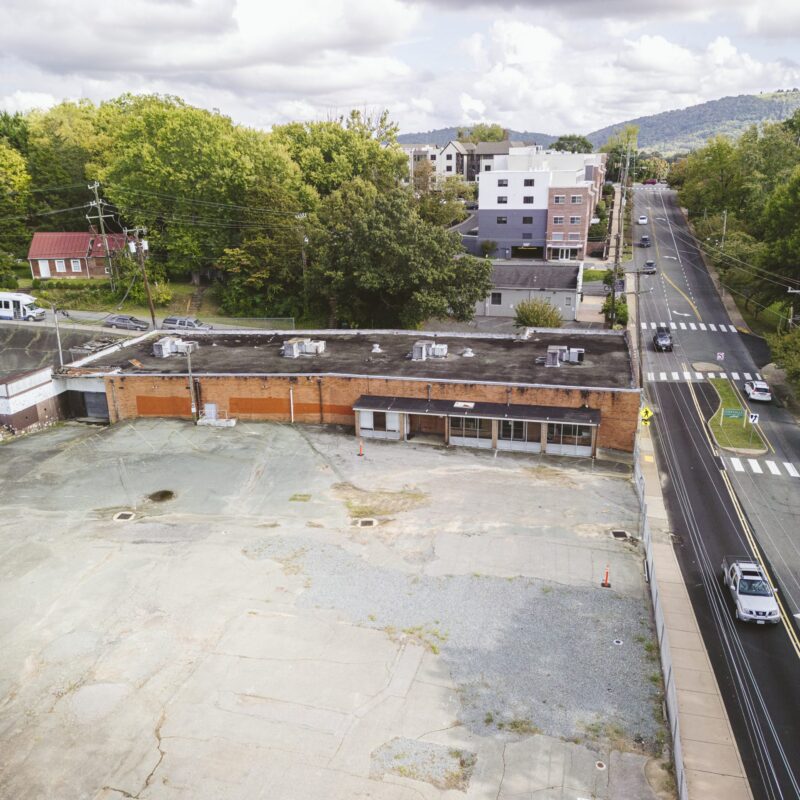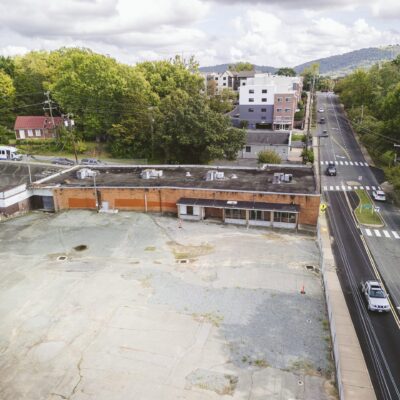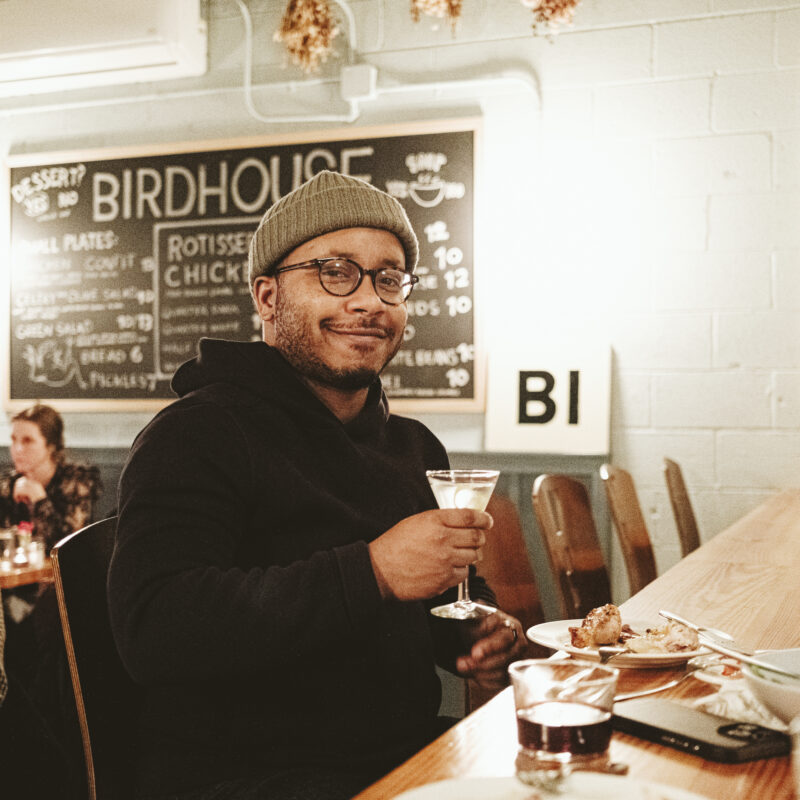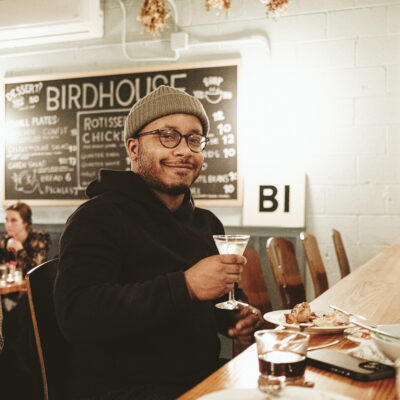Here’s some eco-reading to start off your Tuesday, under the theme "two sides of the coin." Number one: A post on the Piedmont Discovery blog about local habitats and how they can influence your choice of garden plants. Number two: A Post story about the invasive stink bug and what might be done to stop it.
In the first, Devin Floyd and Lonnie Murray put forth an interesting notion: Study which plants grow in specific kinds of natural spots, and extrapolate what’ll grow in a similar spot around your house. Example: A natural granite outcrop is similar to that sunny spot in your yard right next to the sidewalk, where temperatures are more extreme.
As the authors put it, "Local habitats contain plants that have had millions of years to adjust to local conditions. … This means that they don’t need much of your help to survive and thrive! Yes, no watering!" In other words, instead of planting an exotic species that you’ll have to coddle, plant something native that’s perfectly adapted to the spot in question. This uses fewer resources all around–including the resource that is your time and effort. Sounds smart and creative to me.
The WaPo piece, meanwhile, reports on the fact that scientists are studying what might happen if they release an Asian wasp to control the stink bugs that are annoying people and threatening crops all over the Mid-Atlantic. The catch: The wasp might itself become a problem.
On display in this story are: 1) the facts of life a globalized economy, 2) the rampant destruction caused by invasive species, and 3) the human response, which is basically to further muck around. For example, says an expert in the story, killing stink bugs with insecticides also "kills the natural enemies of other pests that prey on crops." This is bad, the story earnestly points out, because having to depend on chemicals to grow food "is expensive."
People have big brains, and sometimes we actually use them. You’ll be glad to know that the Piedmont Discovery folks are planning more work around the notion of local habitat gardening. If only there were as elegant a solution to some of our other environmental woes.



